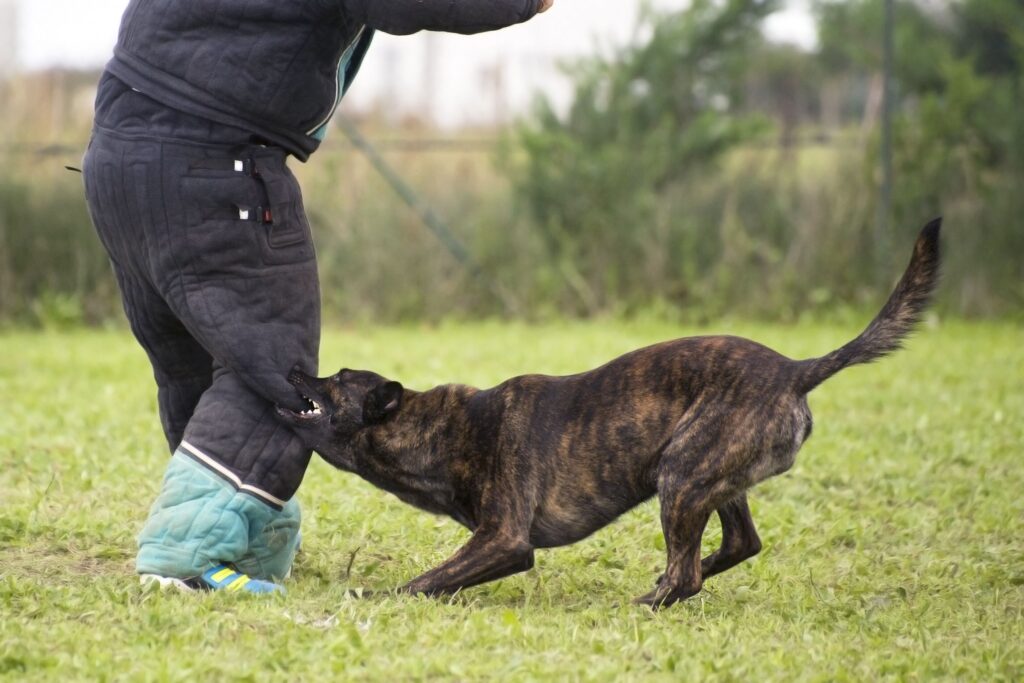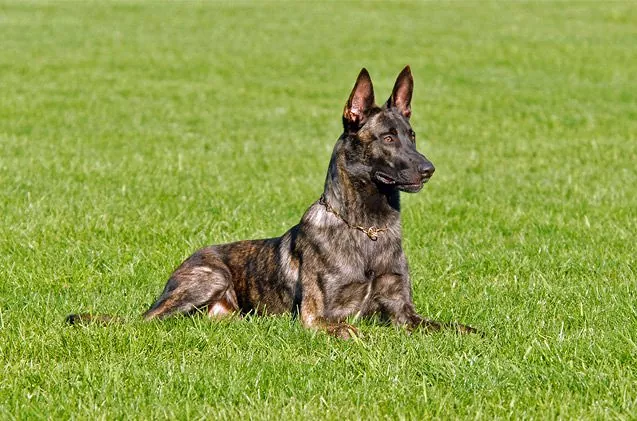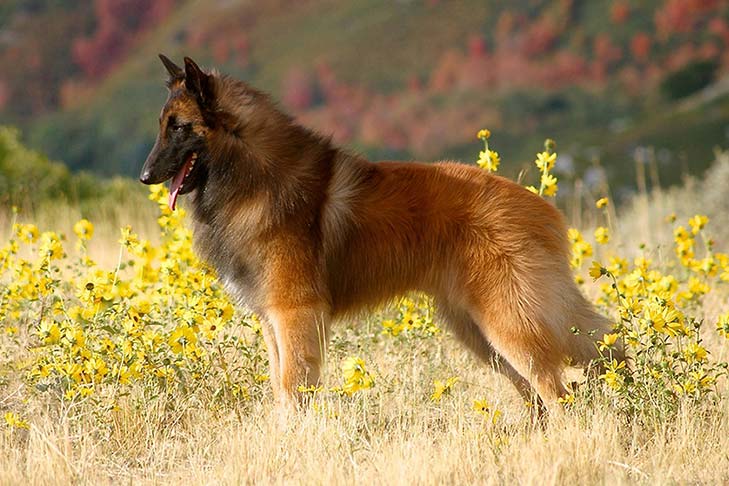Introduction
The Dutch Shepherd is a highly versatile and intelligent breed that originated in the Netherlands. They were originally bred as working dogs for farmers, but have since been used for various purposes such as police and military work, search and rescue, and as loyal companions. Dutch Shepherds are known for their agility, athleticism, and trainability. They are highly intelligent and responsive to training, making them suitable for a variety of tasks. With their loyal and affectionate nature, they make great companions for active families who are looking for a dog that is both protective and devoted. Overall, the Dutch Shepherd is a great choice for those seeking a highly trainable, loyal, and versatile breed.
Dutch Shepherd Temperament
The Dutch Shepherd is a versatile and intelligent breed renowned for its loyalty, energy, and drive. This breed exhibits several distinctive personality traits. First and foremost, Dutch Shepherds are incredibly loyal and form strong bonds with their owners. They are fiercely protective of their families and will go to great lengths to keep them safe. Furthermore, Dutch Shepherds are highly energetic dogs that require regular exercise and mental stimulation to maintain their overall well-being. They thrive in environments where they can engage in activities that allow them to utilize their natural instincts and talents.
Aggression

Aggressive behavior in Dutch Shepherds can be caused by a variety of factors, such as genetics, improper socialization, fear, and territoriality. It’s important to note that not all Dutch Shepherds display aggressive behavior, and aggression is not a defining characteristic of the breed.
To prevent aggressive behavior, it’s important to properly socialize your Dutch Shepherd from a young age. Expose them to a variety of people, animals, and environments to help them develop good social skills and reduce the likelihood of fear or territorial aggression. Additionally, positive reinforcement training methods can help to reinforce good behavior and discourage aggressive behavior.
Health and Lifespan of Dutch Shepherd
There lifespan can vary depending on several factors, including genetics, environment, and lifestyle. According to the American Kennel Club (AKC), the reported lifespan range for Dutch Shepherds is between 11-14 years. However, with proper care and attention, some Dutch Shepherds may live longer than this.
Food
When it comes to feeding your Dutch Shepherd, it’s important to choose a high-quality, well-balanced dog food that meets their nutritional needs. Look for a food that lists high-quality proteins, such as chicken, beef, or fish, as the main ingredient. Avoid foods that contain fillers or by-products, as these are often low-quality sources of nutrition.
Dutch Shepherds are an active breed, so they require a diet that is high in protein and fat to support their energy needs. Consider a food that is specifically formulated for active or working breeds. Additionally, look for a food that contains a balance of vitamins and minerals, including Omega-3 and Omega-6 fatty acids for healthy skin and coat.
Training for Dutch Shepherd

Training a Dutch Shepherd requires patience, consistency, and a thorough understanding of the breed’s unique characteristics. To effectively train your Dutch Shepherd, follow these helpful tips. Firstly, start the training process early, ideally when they are still a puppy. This enables them to develop good habits and behaviors from a young age. Utilize positive reinforcement techniques, such as treats, praise, and play, to reward and reinforce desired behavior. Consistency is key, as it establishes clear rules and boundaries, helping your Dutch Shepherd understand expectations.
Conclusion
In conclusion, the Dutch Shepherd is a versatile, intelligent, and loyal breed that makes an excellent companion for active families. While they are known for their agility and athleticism, they also have a gentle and affectionate nature that makes them great family pets. To ensure the health and well-being of your Dutch Shepherd, it’s important to choose a high-quality, well-balanced dog food that meets their nutritional needs. Additionally, proper socialization and training can help to prevent aggressive behavior and promote good behavior. With proper care and attention, the Dutch Shepherd can be a wonderful addition to any family looking for a loyal and energetic companion.



